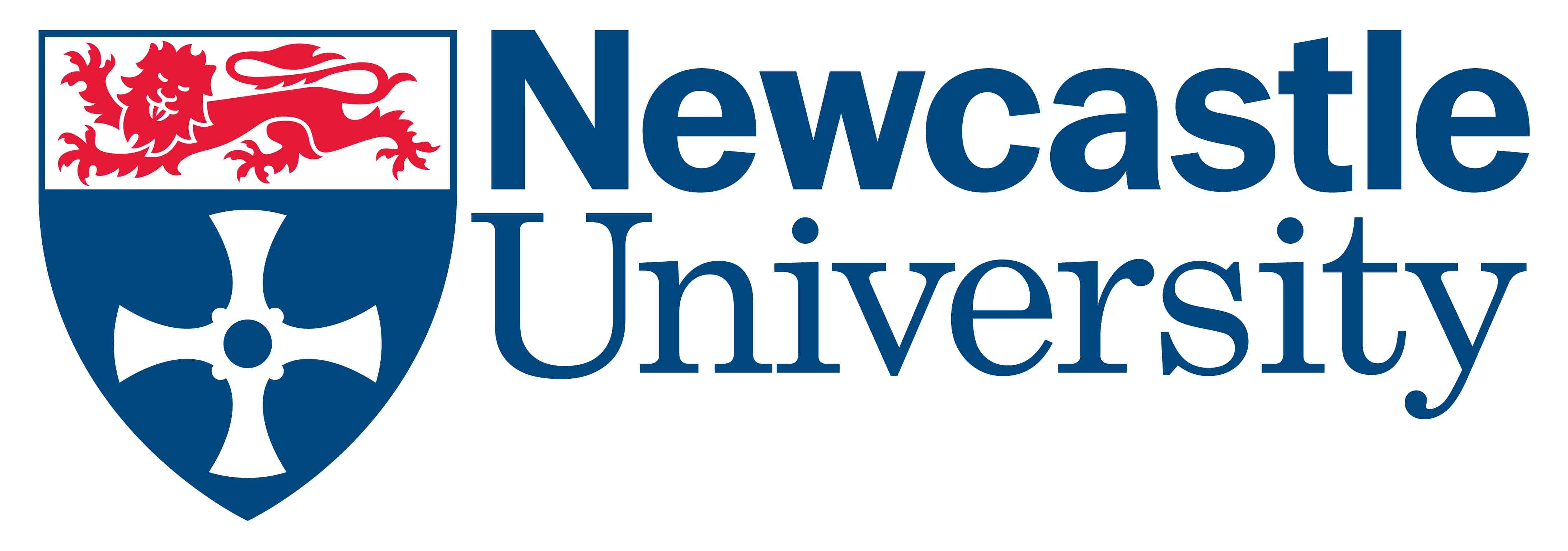February 27, 2024: Rare earth elements (REEs) are inherently scarce and limited in availability. In a groundbreaking study co-led by the Newcastle University, researchers have introduced a novel integrated model that assesses how circular economy approaches can transform the global supply chains of critical rare earth elements like neodymium, dysprosium, and terbium. According to their analysis, implementing circular economy strategies could result in a substantial 701 kt increase in secondary supply and a corresponding 2,306 kt decrease in demand over the next three decades.
REEs play a pivotal role in the production of various technologies crucial for low-carbon energy and transportation systems. Due to the restricted output from conventional REE mines, circular economy strategies have emerged as potential remedies for addressing supply chain challenges. Despite this, the precise impacts of such strategies on the global REE supply and demand landscape have remained largely unclear.
In response to this knowledge gap, an international research team, including Newcastle University, has devised an integrated model to probe the intricate connections between REEs and climate commitments. The model aims to quantify the potential of circular economy strategies in reshaping the global supply chains of REEs.
Study author, Professor Oliver Heidrich, Professor of Civil and Environmental Engineering, at Newcastle University School of Engineering, said, “Our study does shed important light on the demands and supplies and provides a good understanding of the geopolitical dynamics, climate goals, and how the natural resources could be used for political gains.”
The study's findings highlight a significant discrepancy between in-ground reserves, supply, and demand at both regional and element-specific levels. The mismatch in the supply of heavy rare earth elements emerges as a critical barrier to achieving net-zero emission targets.
Reshaping global REE supply chains
Reduction, substitution, reuse, and recycling are just a few of the circular economy tactics that the report emphasises are critical in changing the global supply chains for rare earth elements. Within the next three decades, the use of these tactics will increase the supply of REE from urban mines, which can greatly lessen the reliance on mining REE. The adoption of circular economy ideas could also lead to a closed-loop supply of REEs in some areas, such as the EU.
Researchers from the Institute of Urban Environment of the Chinese Academy of Sciences, Peking University, Newcastle University, Leiden University in the Netherlands, and other institutions participated in the study, which was published and featured on the cover of Nature Geoscience.
Professor Oliver Heidrich added, “Our model considers both in-ground stocks and in-use stocks, as well as their quite dramatic geographic shift across ten regions from 2001 to 2050 under three widely accepted climate scenarios. ”
The findings can serve as the scientific basis for international cooperation in promoting the circular economy strategies of REE for global and just low-carbon transitions.
Reference
Wang, P., Yang, YY., Heidrich, O. et al. Regional rare-earth element supply and demand balanced with circular economy strategies. Nat. Geosci. (2024). https://doi.org/10.1038/s41561-023-01350-9
ABOUT NEWCASTLE UNIVERSITY: Newcastle University, UK, is a thriving international community of more than 28,000 students from over 130 countries worldwide. As a member of the Russell Group of research-intensive universities in the UK, Newcastle has a world-class reputation for research excellence in the fields of medicine, science and engineering, social sciences and the humanities. Its academics are sharply focused on responding to the major challenges facing society today. Our research and teaching are world-leading in areas as diverse as health, culture, technology and the environment. Newcastle University is committed to providing our students with excellent, research-led teaching delivered by dedicated and passionate teachers. Newcastle University is ranked 110th in the QS World Ranking 2024 and 139th in the Times Higher Education World University Ranking 2023.

 Newcastle University's collaborative study reveals circular economy strategies could significantly boost the low-carbon global transition and make sure that Rare Earth Elements (REE) last longer.
Newcastle University's collaborative study reveals circular economy strategies could significantly boost the low-carbon global transition and make sure that Rare Earth Elements (REE) last longer. 










.jpeg)







.jpeg)

.jpg)










